by Dan Kennedy, Kumveka Executive Director.
He's helped dozens of ministries around the world ask the right questions.
If you walked into a restaurant and they immediately served you a ham sandwich and gave you the bill, what would you say?
You're not a ham-hater, but what if you were in the mood for roast beef? Or waffles? You'd think, They clearly don't know me. And they certainly didn't care enough to ask. Hello one star on Yelp.
How is that different than what most of us do in communication?
We're constantly churning out messages. Have we stopped to consider whether or not they truly bring value to our audiences on their terms or are connected to what they've asked for? When is the last time we asked our audience questions?
A real-life example
I recently had the pleasure of speaking to an entrepreneur who is launching a nonprofit focused on improving the lives of millions of orphans and widows. This guy seems to have all the ingredients for success: a big vision, a well-thought-out business plan and financial model, contagious passion, and a clear dependency on God. A bonus: he placed a high value on the role brand and marketing can play in the success of an organization.
But as we talked through the foundations of building his brand strategy, it became clear he needed to better understand what his audiences truly want and need (no unwanted ham sandwiches here!)
I pushed him to gather groups of the people he wants to reach—no more than six at a time—and ask the following questions:
What are your greatest needs?
(List those needs, then ask people to rank them in terms of importance.)How would your organization be different if these needs were addressed?
(More of what? Less of what?)What might help look like?
(What has worked in the past? What do you hope would be different in the future?)How will you know if that offer for help is credible?
(Is there a clear process to deliver help? Is there a proven track record?)
[ProTip: When taking actual notes, write down the words 'they say,' not your summary of their words. Understanding actual audience language is a key indicator of your ability to truly understand the very people you desire to serve—see also Becoming a Compassionate Communicator.]
What comes next
These audience questions begin to lay the foundation for what Brand Promise will truly resonate with your audiences and what Brand Proofs will move them to your Calls to Action. For those ready for the next level, you can focus on learning agendas and qualitative vs. quantitative research.





